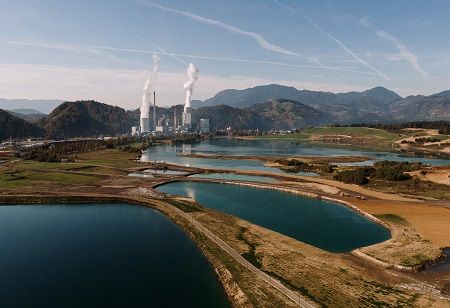
Arunachal to Set Up India's First 50-Kw Geothermal Power Plant
- India to build its first indigenous geothermal plant in Tawang.
- Project runs at 68°C, funded by ₹10 crore from MNRE.
- Trials done using 5-kW model to refine technology.
India is working toward launching its first fully indigenous geothermal power plant in Arunachal Pradesh, a significant moment for innovation in the renewable energy sector.
The authorities specifies the 50-kilowatt plant is going to be situated in an area of the Tawang district at a low operating temperature of only 68 degrees Celsius, which is considered a rare achievement in geothermal engineering.
The proposed development plan is a partnership between the Centre for Earth Sciences and Himalayan Studies (CESHS) and the Shriram Institute for Industrial Research (SIIR).
The system will be established with funds from the Ministry of New and Renewable Energy, at an estimated cost of over ₹10 crore. According to Rupankar Rajkhowa, Chief of Geoscience at CESHS, this will be the first geothermal project of its form in the Himalayan region.
"We have already identified three places -- Mago, Thingbu and Damteng, and the research and structural mapping has been done", said Rupankar Rajkhowa. He added that the project would be accomplished in three years.
Also Read: India Asserts Energy Security Amid EU Sanctions on Russian Oil
A team from CESHS, directed by Tana Tage, has paid a recent visit to SIIR's demonstration site, which houses an indigenous 20-kW geothermal unit that is already running.
SIIR has also completed some trials using a 5-kW lab-scale model in order to finalize the design. These trials are designed to investigate how to control indigenous bipolar process technology, under low temperature conditions.
"Arunachal Pradesh & CESHS take a visionary step by signing an MoU to develop India’s first fully indigenous 50kw geothermal power plant at a record low of 68 degrees C. Harnessing Earth’s energy, driving innovation, and leading India’s clean energy revolution from the Himalayas! It will be a milestone in clean energy and geothermal research", stated Chief Minister Pema Khandu.
CESHS was established in 2021 and concentrates on research in climatology, geoscience, hydrology and renewable energy and remains an important contributor to sustainable development initiatives in the region.

.jpg)